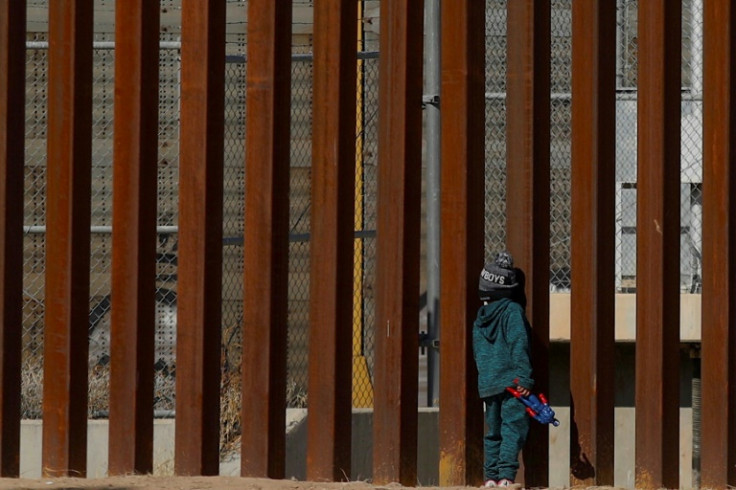
The severe political and economic turmoil in Venezuela has led to a massive number of families reaching the United States in search of a better life. However, several migrants are still destitute, often relying on the kindness of strangers to survive. Some, including pregnant women, have even ended up sleeping on the streets.
It is often not easy to obtain work legally due to the expensive and complicated paperwork. In addition, several people have arrived in communities that are divided over how much support they should give to these newcomers, the Border Report mentioned.
Ivanni Herrera, an immigrant from Venezuela, was asked to leave a Denver homeless shelter with her four-year-old son Dylan last November. She was eight months pregnant then.
Herrera and her son were forced to go into the cold night, pulling a suitcase with donated clothes and blankets she got from the Microtel Inn & Suites. This was one of 10 hotels in Denver where more than 30,000 migrants, many from Venezuela, have stayed over the past two years.
They first walked to Walmart, where they used money they had collected from begging, to buy a tent. They waited until it got dark to set up their new home on a grassy area along a busy road in Aurora, a nearby suburb known for its immigrant community.
"We wanted to go somewhere where there were people. It feels safer," the 28-year-old mother said.
After camping on the streets for months, she got an infection and was worried about her baby. She went to Denver Hospital, as they treated even those without insurance. The doctors treated Herrera's yeast infection and encouraged her to sleep at the hospital.
They reassured her it wouldn't cost anything, and her delivery would be covered by emergency Medicaid, a program that helped unauthorized immigrants with labor and delivery costs, just like it does for low-income American families.
But Herrera refused, saying, "How could I sleep in a warm place when my son is cold on the street?"
However, when it was time for her to give birth, she was not signed up for Medicaid, leaving her with an $18,000 bill for ambulance and delivery.
Herrera was inspired to move to the U.S. due to what she saw on social media. She had fled from Venezuela's economic crisis and was living in Ecuador with her husband.
They saw families like theirs on social media making the dangerous journey through the Darién Gap, a jungle between Colombia and Panama, and thought if others could do it, they could too.
While they didn't know anyone personally who had moved to the United States, the young, happy families in nice clothes posing with new cars and talking about their beautiful new lives on social media tricked them.
Since October 2022, around 320,000 Venezuelans have tried to cross the southern border, which was more than the total number from the previous nine years combined.
Over the years, Denver has struggled to manage the large number of migrants coming from Texas. Denver officials said they have assisted around 42,700 migrants, providing either shelter or bus fare to other cities, the Border Report mentioned.
At first, the city provided six weeks in a hotel for migrant families. However, the city reduced the support for new migrants, as it faced a projected $180 million expense for the year in May. Despite reduced support for the newcomers, the city increased its help for those already receiving assistance.
Furthermore, Denver extended hotel stays for 800 migrants, providing them with English classes and assistance with asylum and work permit applications. From May onwards, migrants get only three days in a hotel. Following the stay, some have moved to other cities, while others have stayed in nearby towns like Aurora.
© 2025 Latin Times. All rights reserved. Do not reproduce without permission.







